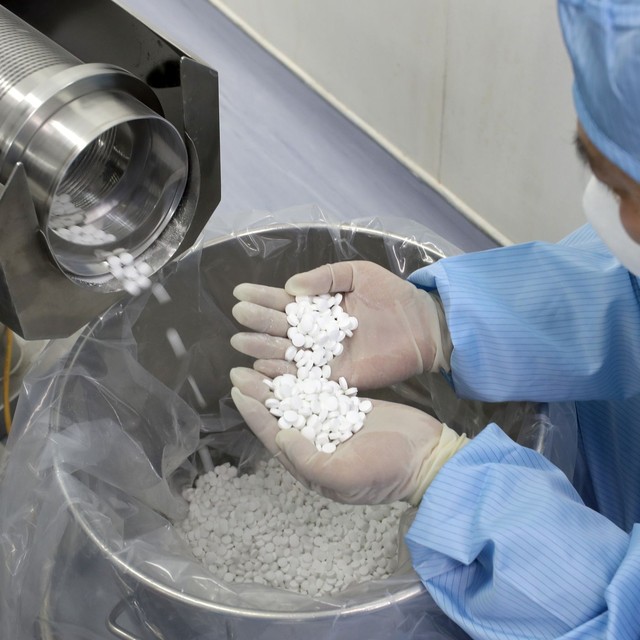New antiviral drug could help stop the spread of SARS-CoV-2
Enzymes allow reproduction of SARS-CoV-2
SARS-CoV-2 is a coronavirus that causes the global COVID-19 pandemic, which uses a protein called polymerase to copy its RNA genome inside infected cells.
In theory, termination of the polymerase reaction would halt the spread of the coronavirus, leading to its destruction by the human host’s immune system. However, SARS-CoV-2 has two important enzymes that allow replication: polymerase (replicates RNA) and exonuclease – proofreading to correct errors during replication. The presence of proofreading exonucleases is unique to coronaviruses and is necessary to reduce the number of mutations, thereby maintaining the integrity and function of the large RNA genome of the coronavirus.
Nucleotide-based polymerase inhibitors are very successful drugs for the treatment of HIV infection and hepatitis B and C viruses. However, due to the presence of proofreading exonucleases in SARS-CoV-2, the enzyme is able to eliminate polymerase inhibitors from RNA, the polymerase inhibitor remdesivir (the only FDA-approved drug for COVID-19) is not as effective as expected in preventing severe illness.
The scientists suggest that if exonuclease could be simultaneously inhibited or its activity eliminated, viral replication would be more effectively prevented.

New antiviral drug combination could help stop the spread of COVID-19 and other coronavirus diseases.
Producing drugs to treat COVID-19 from new antiviral drugs
Researchers in Colombia, Brazil, and the United States investigated whether a combination of polymerase and exonuclease inhibitors (enzymes that allow SARS-CoV-2 to reproduce) could inhibit the replication of SARS-CoV-2. 2 is more effective, or whether editing of the polymerase inhibitor can counteract removal by exonuclease.
The scientists performed molecular-level studies to determine the interactions between inhibitors and enzymes, using a novel mass spectrometry-based method. Meanwhile, the Brazilian team designed and performed cell studies to measure the inhibitory effects of the drug combination on viral reproduction.
At the same time, the team has also produced a complex of polymerase and exonuclease that is used in molecular research.
The results demonstrated that the polymerase and exonuclease inhibitor working together could block the virus’s ability to reproduce in infected lung cells. The combination of inhibitors of both proteins (polymerases and exonucleases) was able to reduce the replication of SARS-CoV-2 up to 10 times compared with the polymerase inhibitors alone. At the same time, the scientists also identified a polymerase inhibitor with a unique change that resists removal from RNA by exonucleases.
These findings demonstrate the great potential of new antiviral drug combinations that could help stop the spread of COVID-19 and other coronavirus diseases.
at Blogtuan.info – Source: cafebiz.vn – Read the original article here



